
A site in the Shetland Islands has become the UK’s first spaceport for vertical rocket launches.
SaxaVord Spaceport on the small island of Unst has been given approval from the Civil Aviation Authority to begin launches in 2024.
It will be the first fully-licensed spaceport in Western Europe able to launch vertically into orbit.
It permits up to 30 launches a year, that will be used to take satellites and other payload into space.
The site, which is the first spaceport in Scotland, has a number of launch operators around the world currently developing rockets.
It is hoped that German rocket firm HyImpulse will attempt sub-orbital launches – flights that do not travel high enough to reach outer space – from August.
Full orbital launches are expected to take place at SaxaVord from 2025.
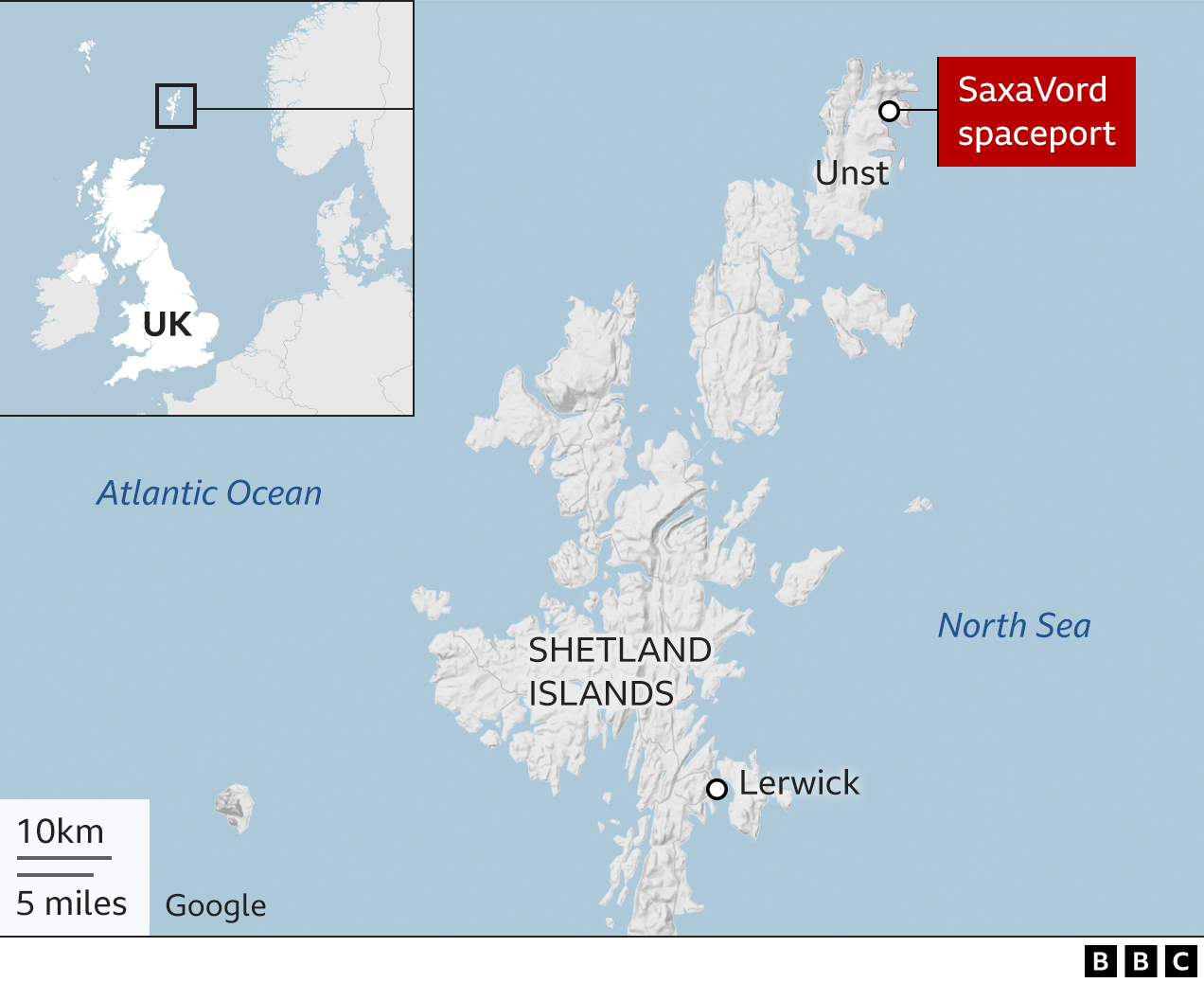
Another German company, Rocket Factory Augsburg (RFA), is also planning orbital launches, followed by Lockheed Martin/ABL Space Systems with the official UK Government Pathfinder launch.
Edinburgh-based Skyrora also aims to be the first UK company to launch from British soil in the coming years.
The SaxaVord Spaceport, a former RAF radar station, is co-owned by Frank and Debbie Strang.
They bought the site 15 years ago with initial plans to turn it into an eco-tourism attraction.
Mr Strang said the awarding of the licence was “historic”.
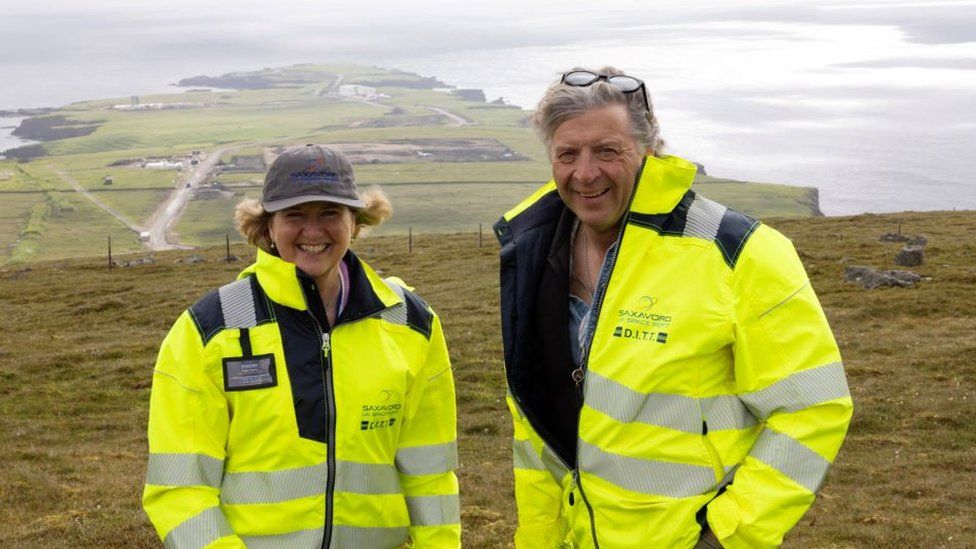
He added: “Our team is very proud that the government has entrusted us with operating a complex, multi-disciplinary and multi-launch spaceport, and we all take this responsibility very seriously.
“There is much to do still but this is a fantastic way to end the year and head into Christmas.”
The space industry in the UK is estimated to be worth £17.5bn and supports about 48,800 jobs at 2,200 firms.
Cornwall Spaceport was the UK’s first licensed spaceport, however its rockets are launched horizontally carried by an aircraft.
Tim Johnson, director of space regulation at the CAA, said: “Granting SaxaVord their licence is an era-defining moment for the UK space sector.
“This marks the beginning of a new chapter for UK space as rockets may soon launch satellites into orbit from Scotland.
“We are undertaking vital work to make sure the UK’s space activities are safe and sustainable for all.”
UK transport Secretary Mark Harper said the CAA’s announcement would boost Shetland’s economy and “put the United Kingdom at the forefront of spaceflight innovation”.
Last week, the UK Space Agency announced funding of more than £6.7m to further Scotland’s spaceport ambitions.
Scotland currently has five proposed spaceports under development, with the Sutherland Spaceport also under construction with ambitions of launching 12 rockets into orbit per year.
A further spaceport is planned on North Uist, with both Glasgow Prestwick and Spaceport Machrihanish hoping to join the space race and conduct horizontal orbital launches in the future.
Analysis by Laura Goodwin, BBC Scotland innovation correspondent
The approval of SaxaVord Spaceport by regulators did not come as a huge surprise.
For months the mood music had been that the licence was imminent and work on the three launch pads was progressing at pace.
Standing on top of Launch Pad Fredo earlier this year, co-director Frank Strang told me it was all about “location, location, location”.
Undeniably, that was a big part of the civil aviation authorities’ decision to award the licence.
From Unst, operators have a good trajectory to get their satellites into polar orbit.
Satellites in polar orbit are used for various applications such as earth mapping, weather tracking, communications and security.
But the safety of people and environmental concerns are also key components of the licence agreement and being remote certainly helps in that respect.
So where does this leave other prospective spaceports in Scotland?
SaxaVord has been able to move faster than others because it has been largely privately financed.
On the other hand, there is now a blueprint in terms of what regulators are looking for, from which others could potentially learn.
Scotland also has recognised expertise in terms of small satellite production with about 8,500 people already working in the space sector here.
Having a homegrown spaceport could further boost the industry.
And worldwide there is no shortage of demand with companies like SpaceX looking to send thousands of satellites into space to create giant constellations with many others looking to follow.
Source : BBC





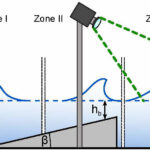

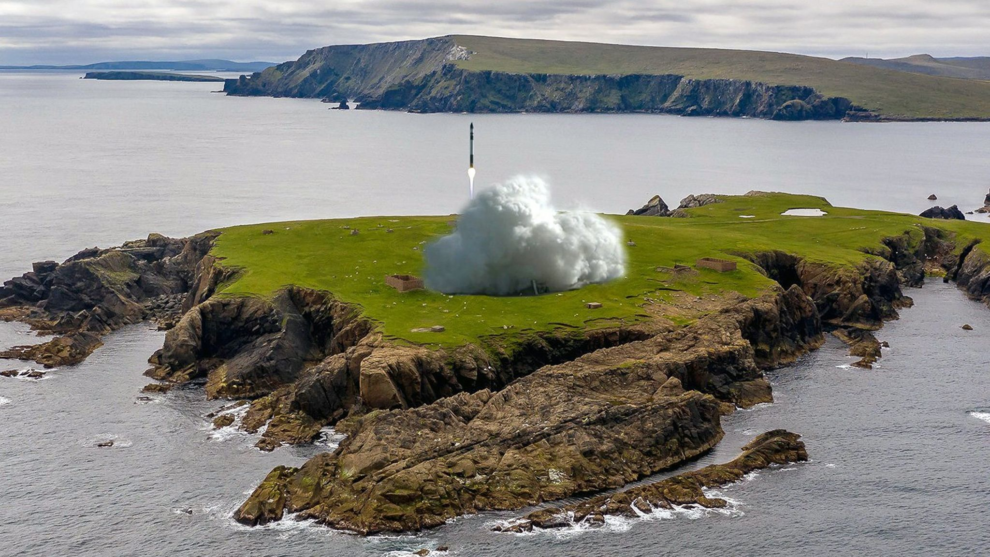


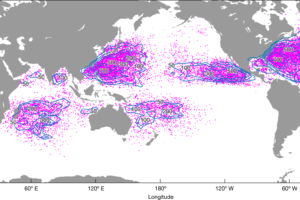
Add Comment